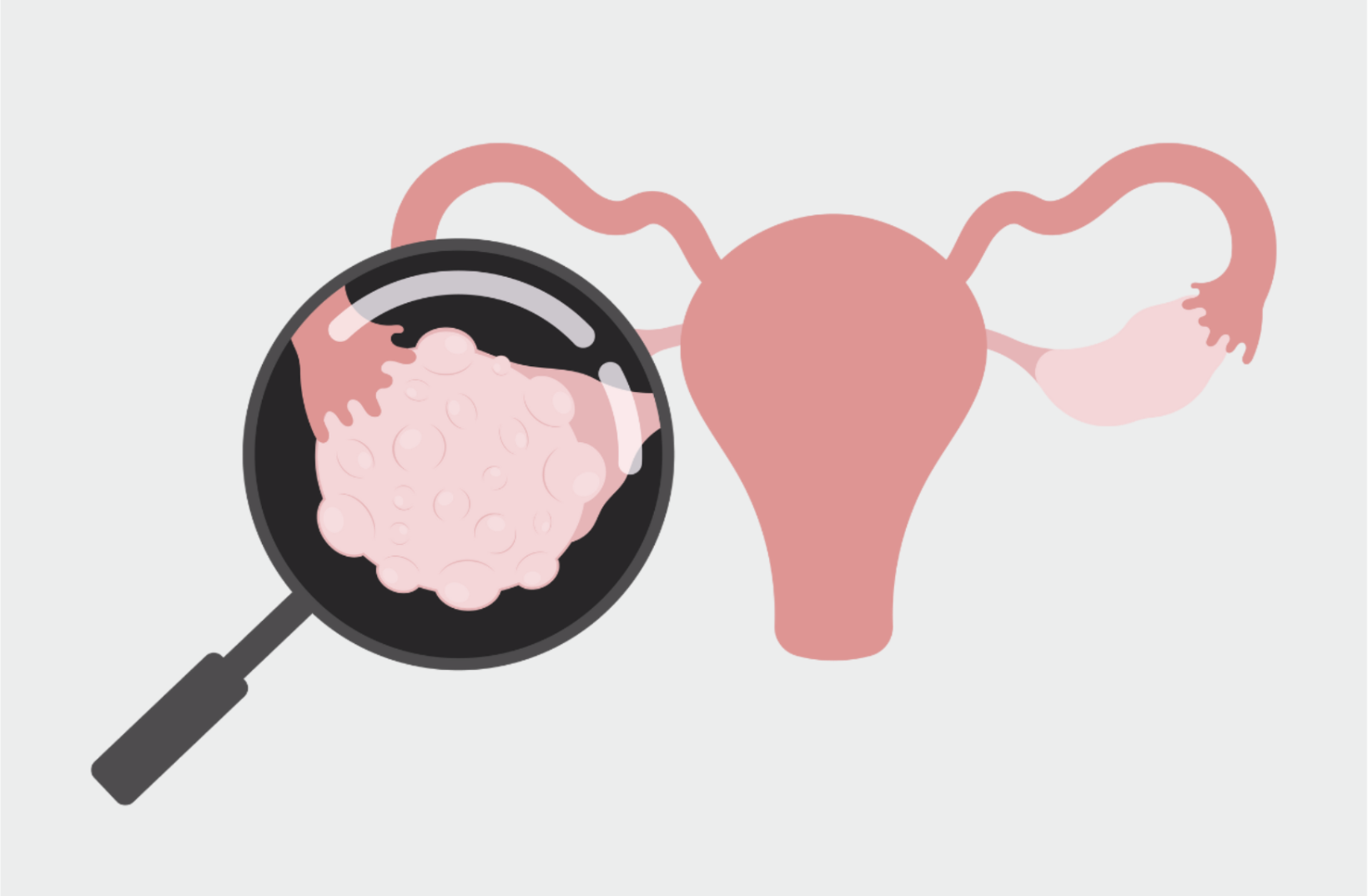.png)
.png)
Egg freezing can provide amazing reproductive optionality in the event that you may need to use your frozen eggs to have children down the line — but what happens to unused frozen eggs if you don’t end up needing them? In this article, we’ll discuss what happens after you freeze your eggs and some options for what to do with any unused frozen eggs.
Because it can be beneficial for anyone with ovaries to freeze their eggs — we offer a program to freeze your eggs for free through our Split program, when you donate half of the eggs retrieved to another family who can’t otherwise conceive. Our hope is that whenever you’re ready to start trying for a baby, you’ll be able to get pregnant unassisted. That being said, with 1 in 6 individuals experiencing fertility challenges, egg freezing allows you to be a little bit more prepared, just in case.
Once you freeze your eggs, there are various paths you can decide on in the future, whether or not you choose to use them. Let’s dive in.
What are the chances I’ll need to use my frozen eggs?
As we mentioned, fertility challenges are — unfortunately — not entirely uncommon. Again, our hope is that your experience trying to conceive, whenever you’re ready, is easy-breezy. But that just may not be the case, which is why we’re on a mission to make egg freezing more accessible, empowering, and positive for all.
It's an especially valuable option for those who know they want to build a family, but know they might need to use IVF down the line. This includes single moms by choice and members of the LGBTQ+ community, who often rely on assisted reproductive technologies to achieve their family-building dreams.
If you do end up wanting to use those eggs in the future, that involves:
- Shipping them from storage
- Thawing them
- Fertilizing them into embryos in a lab (otherwise known as IVF, or in vitro fertilization)
- Letting those embryos develop for several days, with the option to have them genetically tested
- Transferring an embryo into your uterus or that of a gestational carrier to hopefully develop into a live birth
The data on frozen egg thawing
It’s a relatively straightforward process, but given that egg freezing was only recently popularized, there’s not a ton of long term data around how many people end up needing to use those eggs in the future. We do have some data around thaw rates, as the success of thawing frozen eggs is not guaranteed. One study from 2009 found that the overall survival rate of eggs from vitrification (the most commonly used method of egg freezing today) was 95%.
A 2023 UK-based study followed a cohort of 167 women that underwent 184 social egg freezing cycles between January 2006 and March 2022, and showed that 16% of the women have returned to use their frozen eggs so far. That statistic, however, should be examined with a grain of salt — the biggest reason being that if someone froze her eggs as late as 2022, the odds of her moving forward with IVF only one year later may be unlikely.
Another 2022 study led by experts at NYU Grossman School of Medicine and the NYU Langone Fertility Center looked at 15 years of frozen egg thaw outcomes. Of 543 women, 61% moved forward with at least one embryo transfer. While this doesn’t tell us exactly how many women thawed their eggs, it was likely greater than 61%, assuming that some of these eggs unfortunately either didn’t survive the thaw or didn’t fertilize into embryos.
Read more in Egg Freezing Thaw Rates
What happens if I *don’t* use my frozen eggs?
Before you move forward with egg freezing, you’ll sign a contract with your clinic (or long-term storage facility), where you state your preferences about what to do with your eggs if, at any point, you decide not to move forward with fertilization and transfer. Don’t worry — you can always change your mind later on.
If you don’t end up needing your frozen eggs, or decide down the line that you don’t want to keep them in storage for any reason, here are your options.
Unused frozen eggs option #1: discard them
If you know you don’t want to keep storing your frozen eggs, and would rather not pursue other options (listed below), you can always request that the clinic or storage facility dispose of them.
Unused frozen eggs option #2: donate them to science
The biggest reason why egg freezing technology has made so much progress over the years is because of individuals volunteering to provide reproductive material for research. The ability to study frozen eggs and embryos, along with the medications, techniques, or devices used among various cycles can help improve success rates for others pursuing fertility treatment in the future.
If you don’t see this listed in your initial contract but want to pursue this as an option, ask your clinic if this is possible.
Unused frozen eggs option #3: keep paying for storage
Frozen egg storage fees will vary depending on the location of the storage facility, the time you’re willing to commit to storage (some facilities offer discounts for bulk pricing — say, paying for 5 years upfront), transportation fees, and more. Typically, this ranges between $500 - $1,500 per year.
As part of the free egg freezing provided through Cofertility’s Split program outlined above, you’ll receive 10 years of frozen egg storage. And of course, you can always remove, thaw, or ship them somewhere else before those 10 years are up if you’d like. After all, they’re your eggs! And if you’re working with a good clinic in the US using vitrification methods (and don’t mind paying storage fees), you can even store your frozen eggs indefinitely.
Unused frozen eggs option #4: donate them to another family
Many individuals or couples — including LGBTQ+ families, those with infertility, or cancer survivors — may rely on egg donation in order to grow their families. If you’re interested in pursuing egg donation, talk to your clinic. You’ll need to undergo some screening to see if you qualify, but this could be an incredible option.
Conclusion
If you’re not 100% certain you won’t be using your frozen eggs and you are comfortable with the storage expense, our recommendation is to continue storing your eggs until you’re sure you no longer need or want them. You never know.
If you have not yet begun the egg freezing process and you are interested in more affordable (even free) egg freezing, take our quiz to see if you qualify for Cofertility’s Split program. It only takes a minute!
Read More:










